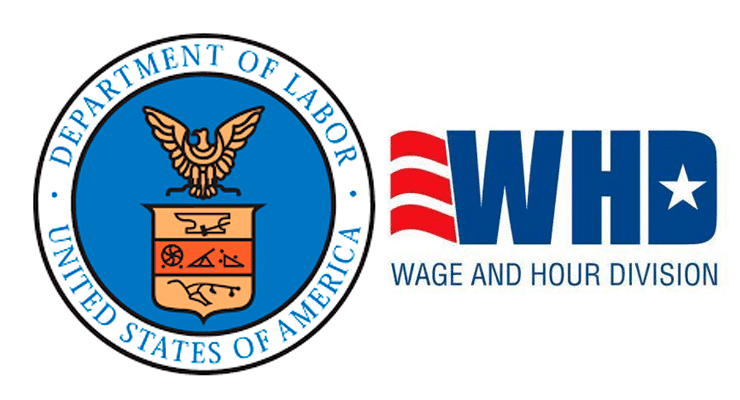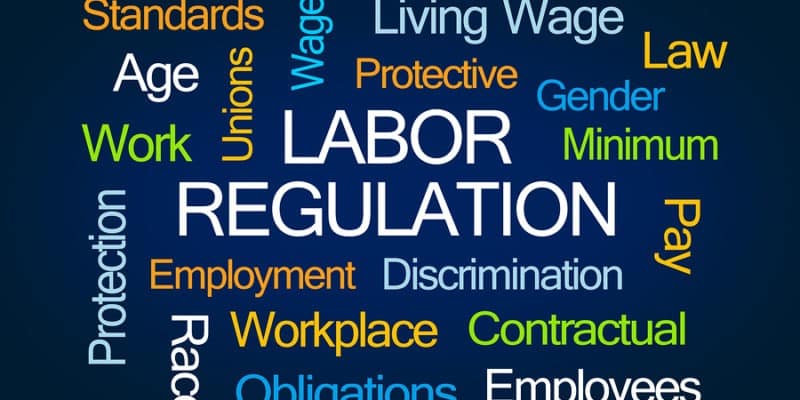Agency: Wage and Hour Division
Date: March 20, 2024
Release Number: 24-468-SAN
35 contractors violated federal labor laws, shortchanging 413 workers
SACRAMENTO – Widespread violations of federal labor and contracting regulations by nearly three dozen employers with federally funded contracts at Naval Air Weapons Station China Lake resulted in the U.S. Department of Labor recovering more than $1.5 million in back wages and damages for more than 400 workers at the Ridgecrest facility.
Part of an initiative by the department’s Wage and Hour Division, the investigations sought to ensure contractors working on the $3.9 billion earthquake recovery program at NAWS China Lake met federal regulations for the employment of workers on projects supported with federal funds. The initiative seeks to bring construction employers into compliance and hold them responsible for paying workers prevailing wages and health and welfare benefits as required.
In investigations of 35 contractors spanning a two-year period, division investigators recovered more than $1.5 million in back wages and $32,291 in liquidated damages for a total of 413 workers for violations of the Davis-Bacon and Related Acts, the Contract Work Hours and Safety Standards Act, the Service Contract Act and the Fair Labor Standards Act. The division also assessed employers with $14,020 in civil money penalties as a result.
“Federal projects like these often strengthen the region’s economy, but when employers fail to pay workers all the required wages and fringe benefits they’ve earned, the full benefits are not felt,” explained Wage and Hour Division Regional Administrator Ruben Rosalez in San Francisco. “Employers unclear of their legal obligations and workers unsure of their rights can contact us to learn what it takes to comply with federal laws.”
Among the largest violators were subcontractors working on projects awarded to Environmental Chemical Corp., a Burlingame design and construction company doing business as ECC. The company was awarded two contracts as part of the Earthquake Recovery Program, including the largest construction project, the South Airfield Complex at NAWS China Lake. The subcontractors found in violation include:
- Adecco USA Inc., a Jacksonville, Florida, recruitment and staffing service, failed to pay required prevailing wage rates, health and welfare benefits, and overtime while providing temporary staffing for food service, clerical, maintenance and housekeeping work. The division recovered $626,341 in back wages for 115 workers – some of whom were owed nearly $40,000 – for the violations.
- Blue Knight Security & Patrol Inc., a Rancho Cordova security guard and patrol service providing security at a temporary housing site for construction workers, failed to pay overtime wages, prevailing wage rates and health and welfare benefits as required by law. The division recovered $313,045 in back wages for 54 workers.
- Hensel Phelps, a Greeley, Colorado, commercial and institutional building contractor providing construction services, failed to pay prevailing wage rates, health and welfare benefits, and overtime compensation. The division recovered $184,172 in back wages for 37 workers.
- ATCO Structures and Logistics, a Spring, Texas, prefabricated wood building manufacturer building living units for construction employees, failed to pay prevailing wage rates and overtime wages. The division determined ATCO owed $104,935 in back wages to seven workers.
In addition to these contractors, 31 additional contractors violated federal labor laws. View a list of all employers cited in these investigations.




